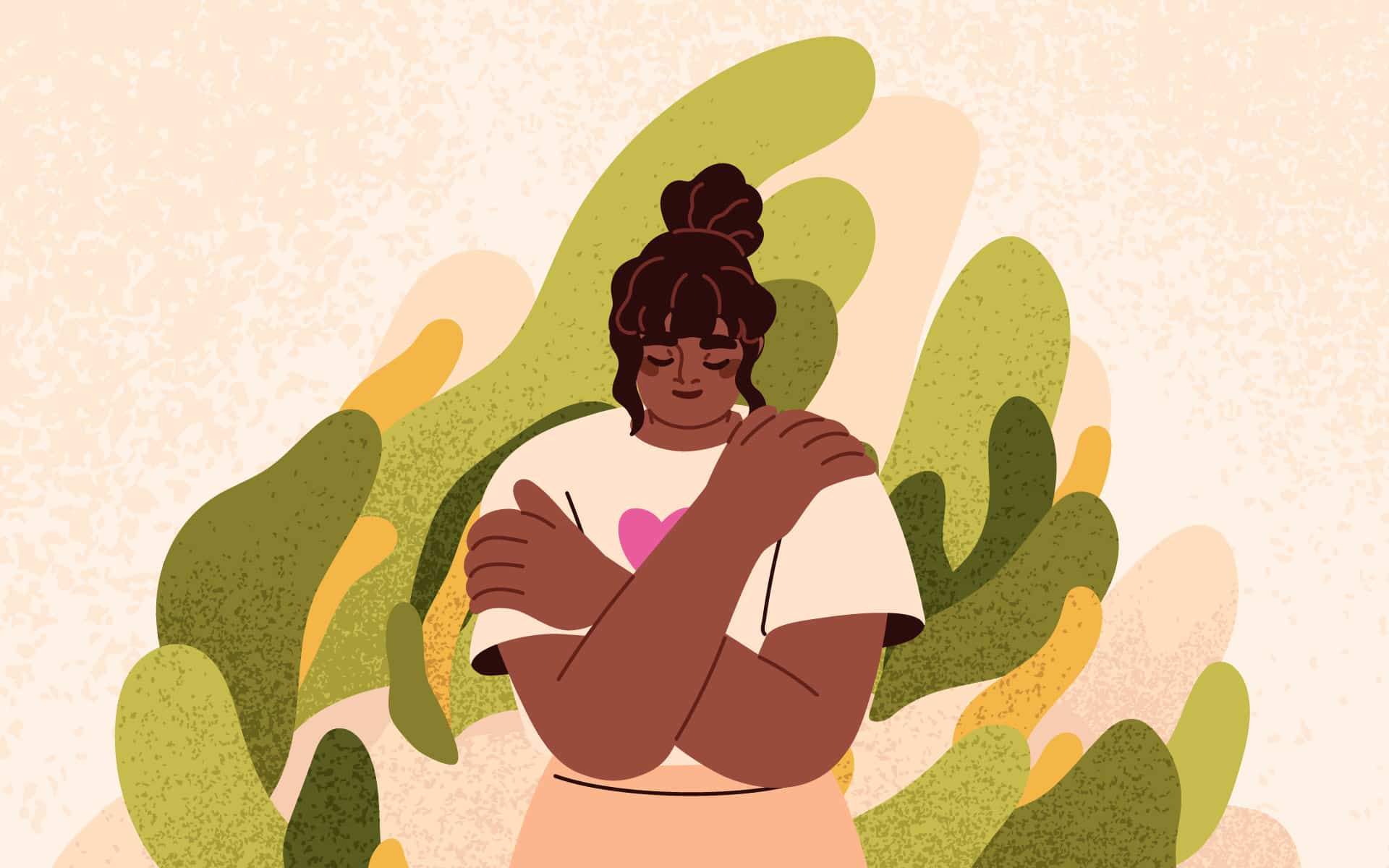After the Funeral: When Grief is Part of Daily Life
Once all the hubbub dies down…now what? Mindfulness can help us be with our grief, and ourselves, with self-compassion. The post After the Funeral: When Grief is Part of Daily Life appeared first on Mindful.

Once all the hubbub dies down…now what? Mindfulness can help us be with our grief, and ourselves, with self-compassion.
By Elaine Smookler February 8, 2024 AnxietyAfter everyone has gone home and you are left with just you, life—which at this moment might feel like it is clearly already against you—could also feel like it has booby-trapped the way forward with the gulp of yet another “Oh no, not that!” As if you haven’t been through enough, you might suddenly find yourself staring into a searing interrogator’s light reminding you that the rest of life is now on you—and you alone—to figure out. Yay.
As much as you might want to escape this part, This, my dear, is part of how grief might present itself. It is likely going to be unavoidable. In its own horrible way, it makes sense. Your life, your habits, your neural pathways were all chugging merrily, or drearily, along—and then the train derailed, leaving casualties behind.
This is inner wisdom bubbling up to help you navigate this new and strange landscape.
That’s not a nothing burger. You may well share some of the behaviors attributed to shock victims. And the treatment for shock is gentleness, understanding, rest, quiet, making time to recharge, and creating a sense of safety. So if you are craving that, know that this is inner wisdom bubbling up to help you navigate this new and strange landscape.
Life stretching you into new shapes might be uncomfortable, but these shocking moments can be like diving into the awakening effects of ice-cold water. Brrr. The good news is, this attention-getting moment might make it easier to see where you are mercilessly clinging to the past, or fearful of trying something new.
Returning to You
If you can be this brave, you might notice that along the way you may have put aside things that you enjoy, to lovingly care for a family member, a friend, or even a job that was all-consuming. You may have forgotten all about you. If you can, recall what brings you a sense of nourishment.
Does taking a walk make you smile, or ice-skating, or singing karaoke? Are there friends you have lost touch with because you were caught up elsewhere? Check in with yourself. How does it make you feel to consider volunteering in Argentina, or down the street?
It’s never too late to return to yourself in this way.
It’s never too late to return to yourself in this way. I know several friends who went back to school when they were in their 80s. I know many more who have learned to play the saxophone or sponsored refugees, or helped a neighbour-in-need take their garbage out. You may not remember this right now, but giving of ourselves feels so good and helps us feel connected to life in so many ways. What might this awkward, echoey space allow you to do that you were always curious about but may have never given yourself permission to do?
Alone Time
Most of us have never been taught how to be alone, as a positive thing. In fact, some of the greatest punishments available to adults and children are solitary confinement or Time Outs, where you have to go it on your own. True, we are a relational species, and we absolutely do need each other to survive, and since most of us aren’t always that happy about being alone, when something ends and the alone-time comes, you might feel like you are drowning in a vast ocean.
But, we all have only a certain allotment of time for everything from growing a family to changing the world. Even twiddling your thumbs won’t last. You are here now, for who knows how long?
Times of great change give you a special opportunity to ask yourself what you might still want to taste, touch, smell, see, feel, share while you are still here. May this painful time of change take you to your best self. May it help you be as open and curious as you can about the Now what?
It, like you, will never come again.
A Mindfulness Practice for Surfing the Waves of Change
Some first steps to finding our way back to the surface:
Be gently honest with feelings that you may have never felt, never wanted, and might have been expertly avoiding your whole life. If sadness or anger are here, welcoming these weather fronts helps the actual chemical underpinning get processed more quickly. Feel it to heal it, honey. It might help to imagine yourself riding the difficult feelings that arise as though you are riding a surfboard. When a wave of distressing or overwhelming sensations threatens to drown you, try not to tense up and resist, instead stay extremely present to the sensations that are picking you up. As they rise, see yourself riding them, like riding a wave. And if you fall off, no big deal. If possible, see if you can get back up and ride it some more. In this way, you are increasing your capacity for difficulty by showing yourself ways to welcome whatever comes and ride through these difficulties the way expert pilots might ride the storm. Make a list of things that bring you ease or even a little bit of simple pleasure. Put this list somewhere visible and when you are in trouble, reach out and call that friend, or crochet that blanket or learn that language you’ve always wanted to explore. What dishes at life’s banquet table do you still want to taste? Don’t wait. Yes, it might all feel so hard—but this too is part of life. Don’t waste a morsel.
 ShanonG
ShanonG 
































